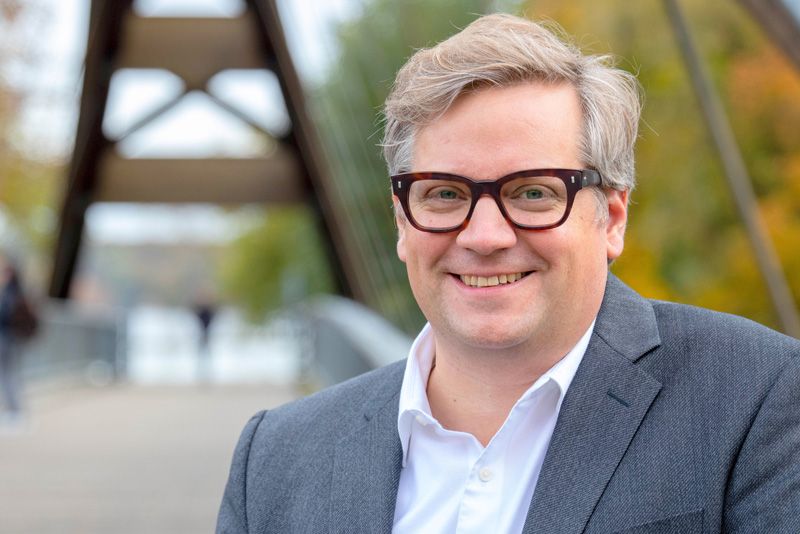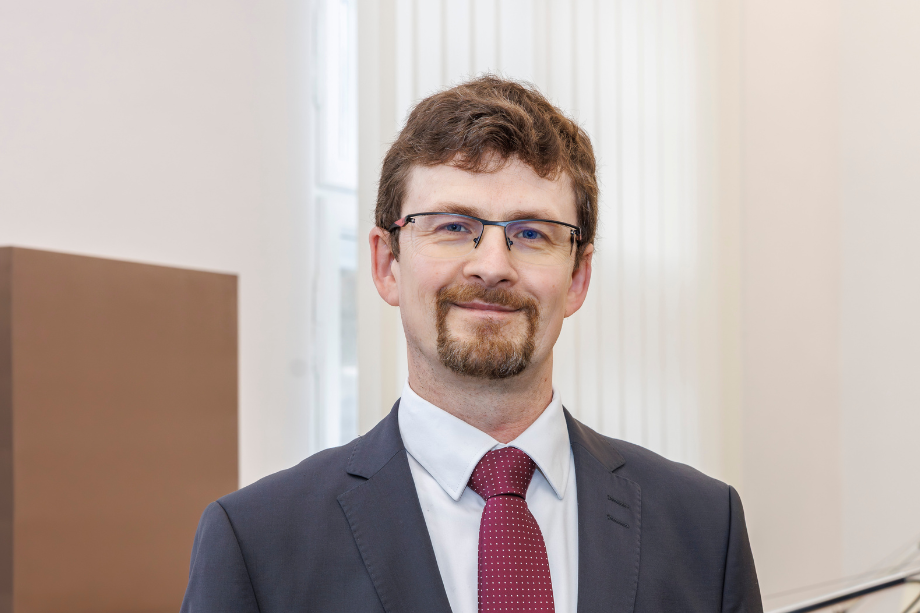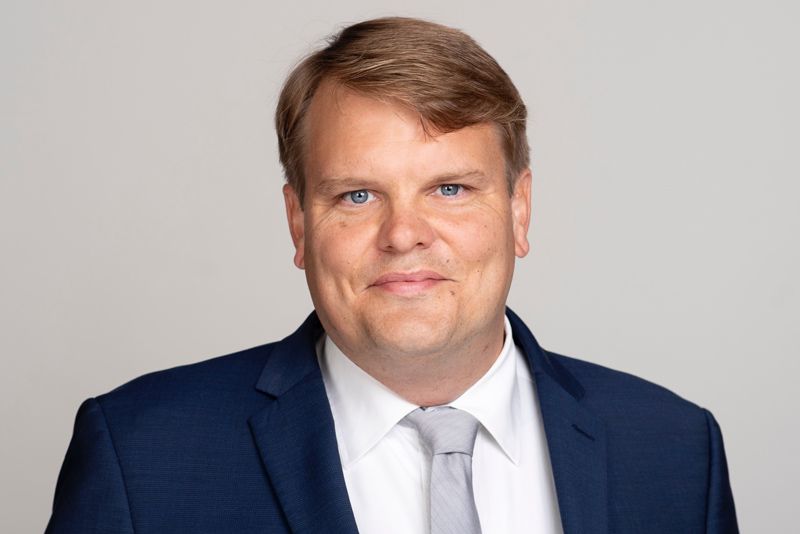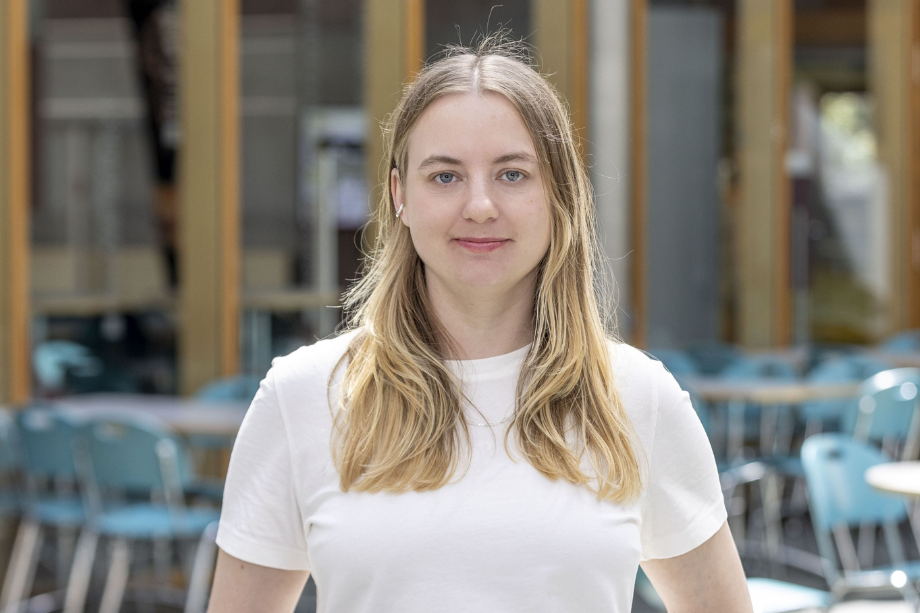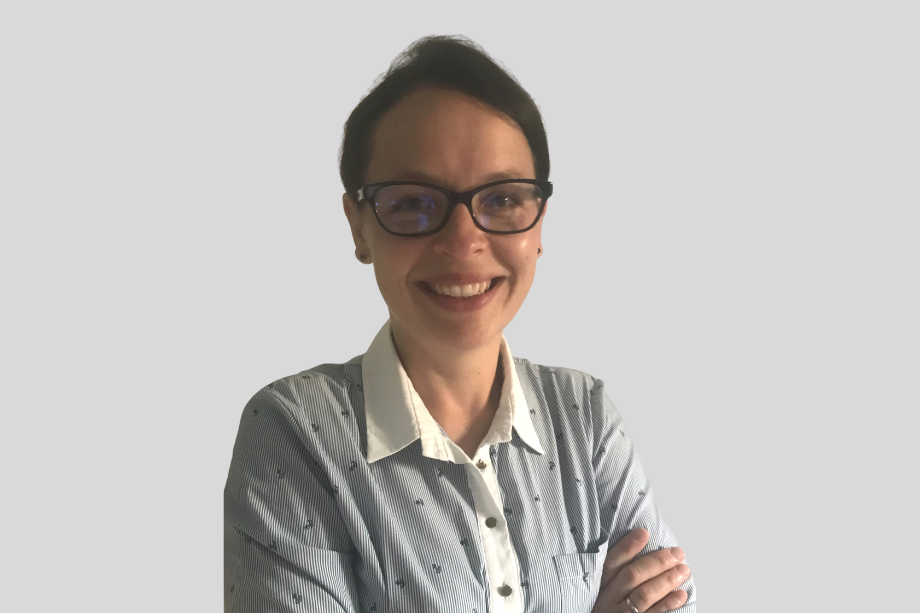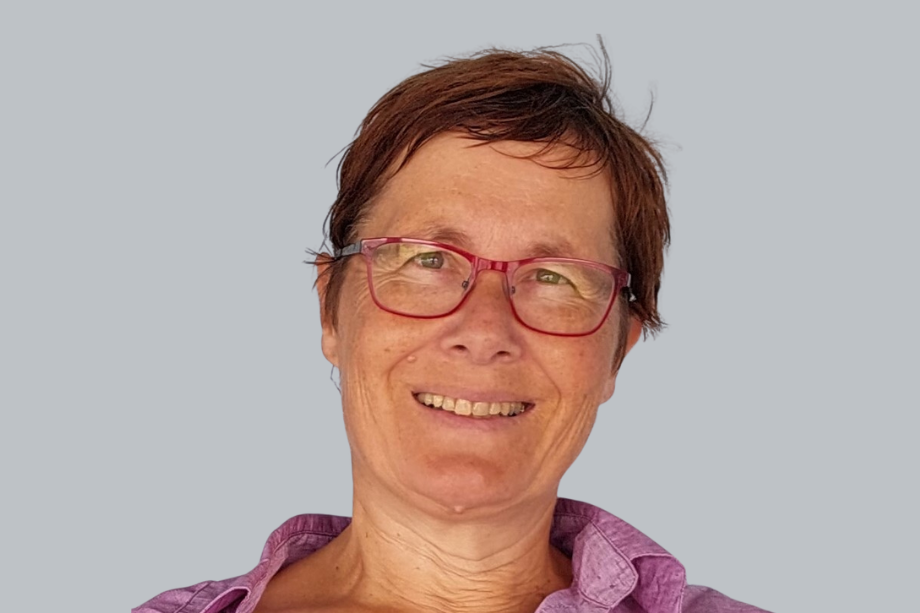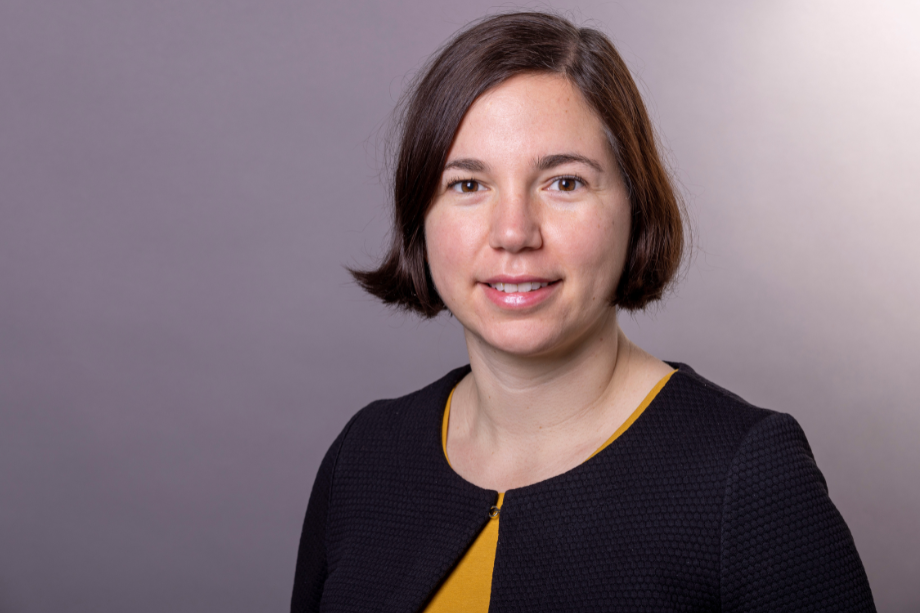Reinvent digital
future
HIGHEST SCIENTIFIC STANDARDS:
INTER- AND TRANSDISCIPLINARY
The challenges of the digital transformation require innovative and interdisciplinary research approaches.
The ENS deals with the interrelations between European society (including law, business and politics) and digital technological development in research and teaching. Central analytical terms at ENS are "power" and "design". Both terms describe semantic fields that are filled with different content depending on the discipline, but act as “boundary objects” for inter- and transdisciplinary collaboration.
The concept of power refers to issues of human and technical agency, political dominance and platform hegemony, but also empowerment and contestation. It describes structures and contexts of social action, of power shifts and of new ways of empowerment triggered or mediated by digital technology. The concept of design, in contrast, addresses the shaping of digital technologies, of their surrounding institutional and normative order, and the transformation of related structures and contexts.
Both concepts address pertinent conditions and challenges of the digital transformation and help researchers at ENS to build on common analytical ground. All five professorships at ENS relate the analysis of changes in power and design to the question of the interrelation between technological change and European integration.
Teams
Members
Projects

War Sensing
Wars are also digital, and the digital is always material and political. The project “War Sensing” analyzes documentary, archival, and investigative media practices in the context of Russia’s war in Ukraine with a particular focus on the digital dimension of the war. Over the next four years, the project team will focus on and work with activists, social media users, NGOs, think tanks and media organizations to explore the intricate digital practices and knowledge politics of the ongoing war in Europe.
The project is a collaboration with the University of Siegen and funded by Deutsche Forschungsgemeinschaft e.V. (DFG).

DS40 Data Access Collaboratory
Article 40 of the Digital Services Act (DSA) requires platforms to grant data access to researchers and non-profit organisations in order to detect, identify and understand systemic risks in the European Union. The DSA 40 Data Access Collaboratory provides up-to-date information on the legislation’s implementation, networking activities, and advisory services for researchers, lawmakers and the interested public.
The project is a collaboration with the Weizenbaum Institute in Berlin and funded by Stiftung Mercator.
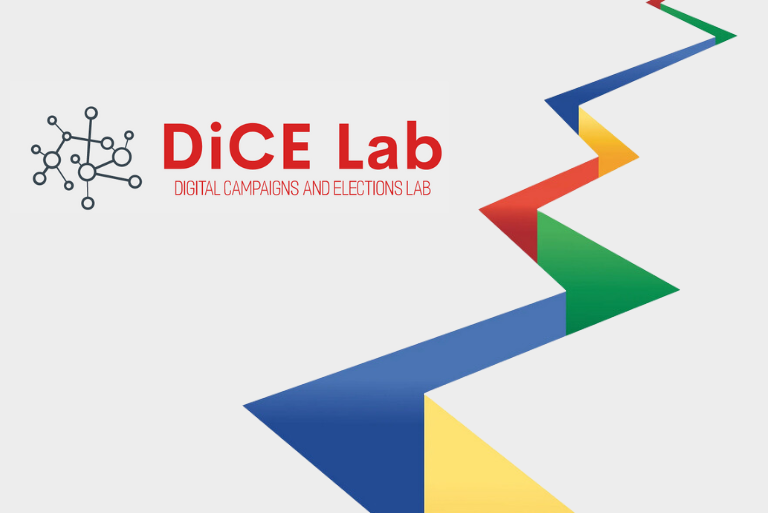
DiCE Lab - Digital Campaigns and Elections Lab
DiCE Lab, a project based at the ENS Chair for Digital Democracy (Prof. Ulrike Klinger), studies digital election and referendum campaigns, monitoring how parties and politicians communicate on social media, trace information flows and discourse dynamics on social media. The project aims to make online election campaigns more transparent.
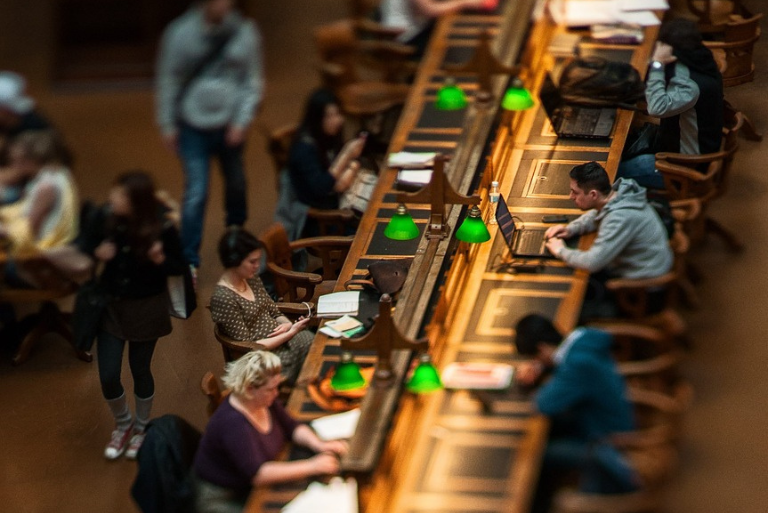
Higher Education hacks Social Innovation (HaSI)
HaSI (Higher Education hacks Social Innovation) explores hackathons as a means for sensibilizing universities, their staff and students for social innovation and perspectives of social entrepreneurship. The project is part of the STS group at ENS and funded by the German Federal Ministry for Education and Research (BMBF).

Calculating Migration
In this project, ENS researchers collaborate with the University of Linköping and Vienna University to examine algorithmic governance in the realm of migration and border management. In particular, the research project empirically studies how AI technologies are designed and implemented in migration and asylum procedures.
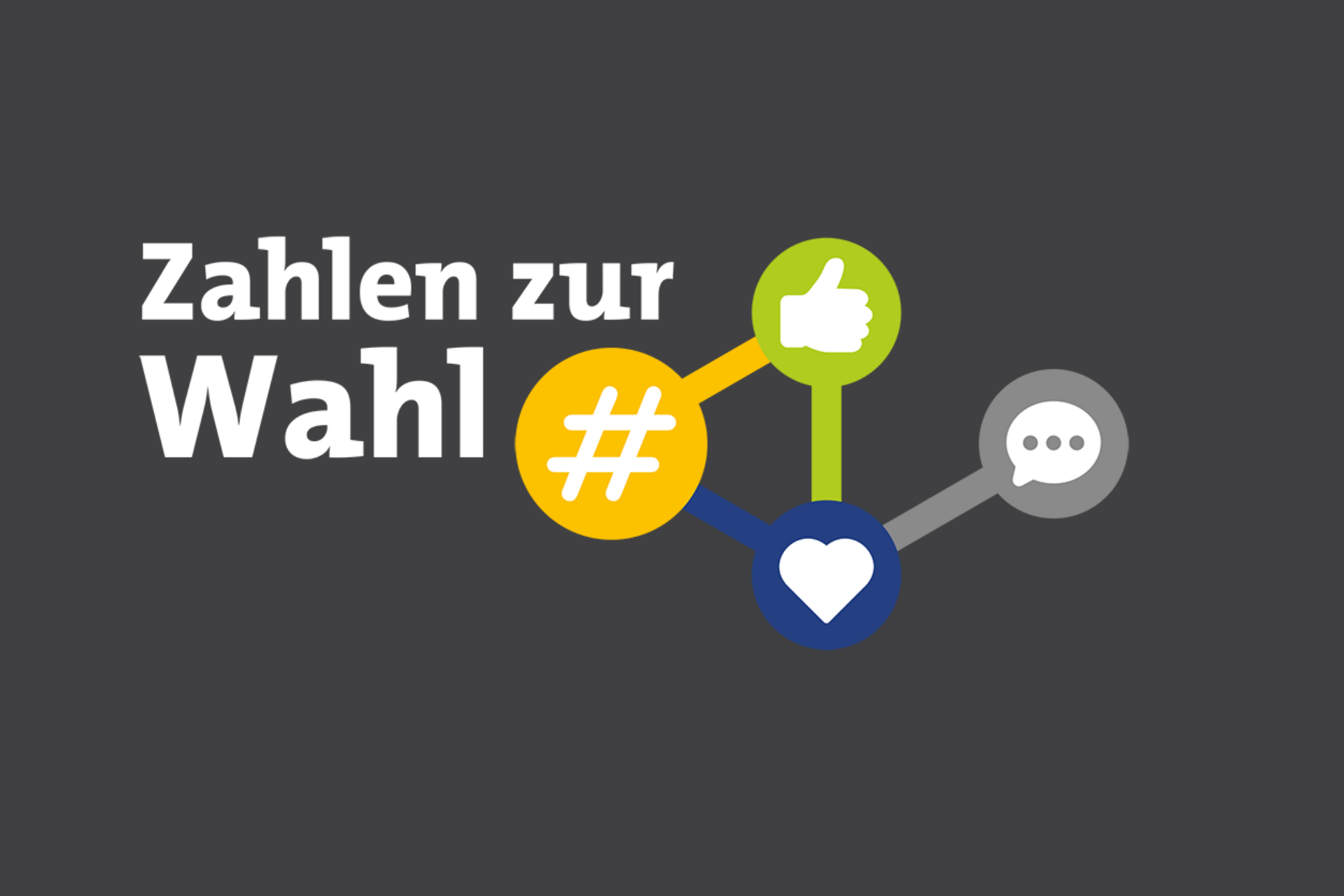
Zahlen zur Wahl
"Zahlen zur Wahl" is a collaborative research project to observe, research and analyze social media activities of political parties and candidates in the German federal and state election campaign and make the data accessible.
Zahlen zur Wahl
Analyzing and mapping current trends: Which hashtags are trending in the election campaigns of the political parties and why? Who is pushing which topic? Are there signs of coordinated inauthentic campaigns?
A team of researchers and students observes and analyzes the social media activities of political parties and candidates in the German federal and state election campaigns. Collecting data, evaluating it and describing current developments on an ongoing basis, the project aims to contribute to making the online election campaign more transparent.
The project's target groups are journalists (especially in local media without resources for their own analyses), teachers, and interested citizens. All graphics and data published on the project website may be used, posted and reproduced.
"Zahlen zur Wahl" is a joint project of the ENS Chair for Digital Democracy, the Weizenbaum Institute for the Networked Society, the NRW School of Governance and the Leibniz Institute for Media Research | Hans Bredow Institute (HBI).

Skill
In the SKILL project, researchers from the ENS, the Viadrina Center for Teaching and Learning (ZLL) and Bauhaus-Universität Weimar are building and applying artificial intelligence (AI) technologies to recognize, analyze and visualize the structure of argumentation in scholarly articles and political arenas.

DataSkop
Which videos does the YouTube algorithm recommend to which users for the federal election? This will be investigated with the help of the new data donation platform "DataSkop", which has been launched on 15 July 2021.
Funding: BMBF, VDI/VDE (1,8 Mio €) // Start Date: 01.08.2020 // Duration: 36 months // Partners: 5
The BMBF, VDI/VDE funded project "DataSkop - Was passiert mit meinen Daten?" is developing a data donation platform to enable users sharing their personal data to support research and digital education. Our role in that project is to provide protypical use-, i.e. research cases. The common goal of the project, however, is to tackle the opacity of algorithmic decision making systems on big or otherwise pivotal online platforms and services. Using organic, real user data, we are going to map, explore and investigate the different realities that branch out from discriminators implementend in recommenders and the like. The project is part of the BMBF's Digital Autonomy Hub.
Algorithm Watch // European New School of Digital Studies // Uni Paderborn // FH Potsdam // Mediale Pfade

Slubfurter Gärten
“Slubfurter Gärten” was a collaborative urban gardening project of the ENS, the Foundation for the Collegium Polonicum and the association Słubfurt e.V., together with residents and students from both sides of the Oder river.
Urban Gardening Project "Slubfurter Gärten"
“Slubfurter Gärten” is a collaborative project of the ENS, the Foundation for the Collegium Polonicum and the association Słubfurt e.V., together with residents and students from both sides of the Oder river. In the frame of the project, two new urban gardens have been created on the Brücken Plac Mostowy in Frankfurt (Oder) and the roof terrace of the Collegium Polonicum in Słubice.
Since November 2020, the team organized theoretical working meetings as well as interactive workshops generating knowledge about the planning, construction, planting and maintenance of gardens involving volunteers and citizens of both Frankfurt (Oder) and Słubice.
The project was funded by the Small Projects Fund in the PRO EUROPA VIADRINA Euroregion from resources of the European Regional Development Fund under the Interreg V A Brandenburg-Poland 2014 - 2020 cooperation program.

SMARTE DOPPELSTADT
A livable and lovable city: The ENS, in cooperation with the Frankfurter Dienstleistungsholding (FDH) and the city administration, is supporting the city of Frankfurt (Oder) in developing a digitalization strategy.
Towards a Smart City – Joint Digitalization Strategy by the European New School of Digital Studies and the City Administration of Frankfurt
The European New School of Digital Studies (ENS) of the European University Viadrina Frankfurt (Oder), in cooperation with the Frankfurter Dienstleistungsholding (FDH) and the city administration, is supporting the city of Frankfurt in the development of a digitalization strategy.
"Together, we will use digital technologies to make Frankfurt (Oder) an even more livable and lovable city," says Prof. Dr. Jürgen Neyer, Director of the European New School of Digital Studies about the Smart City concept. "We want to leverage smart technologies to turn Frankfurt into a dynamic innovation hub in the region.”
"By the end of 2021, we want to have a joint strategy for Frankfurt (Oder) in place, designed to increase the quality of life in our city, through ecologically sustainable as well as socially and economically balanced solutions and technologies,” explains Mayor Claus Junghanns. Citizens should will be given the chance to participate in shaping their city. At the same time, we aim to become more competitive for companies and boost efficiency in our administration."
In the frame of a research seminar at Viadrina, public surveys and interviews with municipal stakeholders and businesses will be conducted in a first step. Moreover, there will be a dialog event with actors from the city, local politics and science. The project receives 40,000 euros of financial support from the Volkswagen Foundation, one of the largest German science funding institutions.
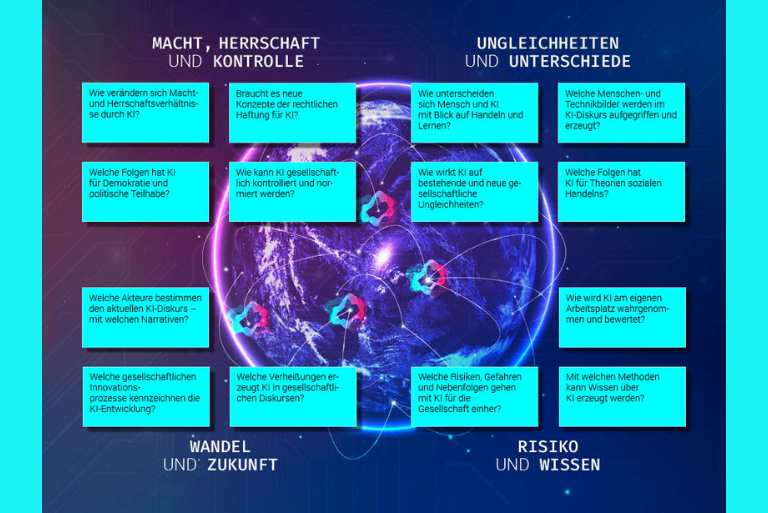
KIMEGE
How does Artificial Intelligence change the human-technology relationship and what are the associated challenges of a holistic development and social embedding of these technologies?
Funding: BMBF// Duration: 01 April 2021 - 31 December 2022
AI represents a key technology of economic and social change in the 21st century. More and more technological developments and applications are built on machine learning and the resulting possibilities for data collection, use and exploitation. However, the consequences for society and the individuals living in it are still hardly analyzed systematically from social science perspectives. The KIMeGe project bundles and combines such perspectives to holistically explore the societal implications of AI.
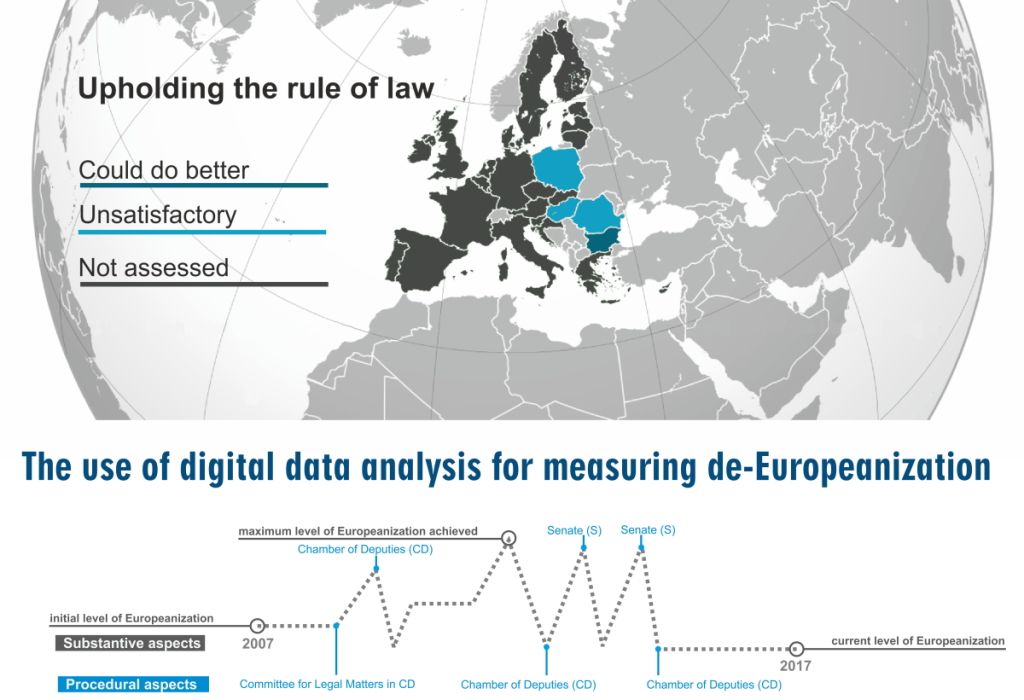
Transparency made useful
Digital data analysis to measure de-europeanization: Situated in the field of post-accession europeanization research, this project discusses how the EU produces domestic change in its member- and accession states.
Transparency Made Useful: Employing Digital Data Analysis to Measure and Prevent de-Europeanization (Luana Martin-Russu)
The project is situated in the field of post-accession Europeanization research that discusses the manner and extent to which the European Union produces domestic change in its member- and accession-states. It starts from the empirical observation that several European member states allow their legislation to slide away from either European or democratic standards after having gained EU membership. It postulates that it depends primarily on lawmakers whether or not a state pursues a European and a democratic agenda. Therefore, it is at the level of legislative decision-making that this project decides to observe when and where there is a decrease in the level of compliance and when and where the rule of law is not de facto realized. It takes up the challenge to develop a longitudinal study across policy fields and over longer periods of time in order to reveal subtle patterns of legislative instability and abusive law-making practices. It starts from the research question: How can de-Europeanization be effectively measured? It sets off to answer this question by employing a new method of analysis based on computer driven data acquisition (Python-based algorithms) and natural language processing (NLP).

ASSISTANT
The EU-funded ASSISTANT project aims to develop breakthrough solutions for the manufacturing industry, using artificial intelligence to optimize production systems.
Funding: EU Horizon 2020 (6 Mio. €) // Start Date: 01.11.2020 // Duration: 36 months // Partners: 12
The EU-funded ASSISTANT project aims to develop breakthrough solutions for the manufacturing industry, using artificial intelligence to optimize production systems. One of the keystones of ASSISTANT is the creation of intelligent digital twins. By combining machine learning, optimization, simulation, and domain models, ASSISTANT develops tools and solutions providing all required information to help production managers design production lines, plan production, and improve machine settings for effective and sustainable decisions that guarantee product quality and safety.
The team at the chair for Sociology of Technology at the European New School of Digital Studies is involved in shaping the human-centric architecture of the project, in order to make sure that the technologies are developed in a responsible way. Through a focus on the process of developing the ASSISTANT tools, we aim at bringing the topics of abstract guidelines (such as trustworthy AI) into concrete practices and guide the development process through interventions, workshops and the discussion of issues together with the involved project partners.
With a multidisciplinary consortium combining key skills in AI, manufacturing, edge computing and robotics, ASSISTANT aims to create intelligent digital twins through the joint use of machine learning (ML), optimization, simulation and domain models. The resulting tools permit to design and operate complex collaborative and reconfigurable production systems based on data collected from various sources such as IoT devices. ASSISTANT targets a significant increase in flexibility and reactivity, products/processes quality, and in robustness of manufacturing systems, by integrating human and machine intelligence in a sustainable learning relationship.The ASSISTANT project has received funding from the European Union’s Horizon 2020 research and innovation programme under grant agreement No 101000165.
Institut Mines-Telecom // University College Cork // University of Patras // Flanders Make vzw // Biti Innovations AB // SIEMENS AG // INTRASOFT International // ATLAS Copco // SIEMENS Energy // Groupe PSA // European New School of Digital Studies

HIRING
HIRING aims to prepare the current and next generation of human resources managers for the integration of artificial intelligence tools in their position.
EU Erasmus+ // Start Date: 01.09.2020 // Duration: 36 months // Partners: 6
The project aims to prepare the current and next generation of human resources manager to the integration of artificial intelligence tools in their position. It’s objectives are: training the HR managers and students to the digital transformation to come in their work environment, valuing fair and responsible soft skills for implementing AI technologies at the work place and promoting a more open-minded HR generation opened to atypical career pathways.
Institut de Preparation à l’Administration et à la Gestion, IPAC Business School // Seinäjoen koulutuskuntayhtymä, Finland // haikara, France // ZAPIENS TECHNOLOGIES S.L. Spain // European New School of Digital Studies
ENS Fellowship Program
Our ENS fellowship program "Datafication in European Societies" is designed for postdoctoral researchers active in one of our core disciplines (economics, law, social and political sciences) and ready to build and expand international research collaborations.
Join our young and dynamic group of researchers and apply for:
- An ENS Postdoc Fellowship (up to four years after your PhD)
- An ENS Visiting Professor Fellowship (four or more years after your PhD)
The duration of the stay usually varies between two and six months. Successful applicants will be provided with a full grant corresponding to the applicants' level of professional experience, as well as working space in fully equipped offices, logistical support and access to the interdisciplinary research landscape of ENS.
The ENS Fellowship Program "Datafication in European Societies" is a project of the European University Viadrina, funded by the Dieter Schwarz Foundation.
Fellows
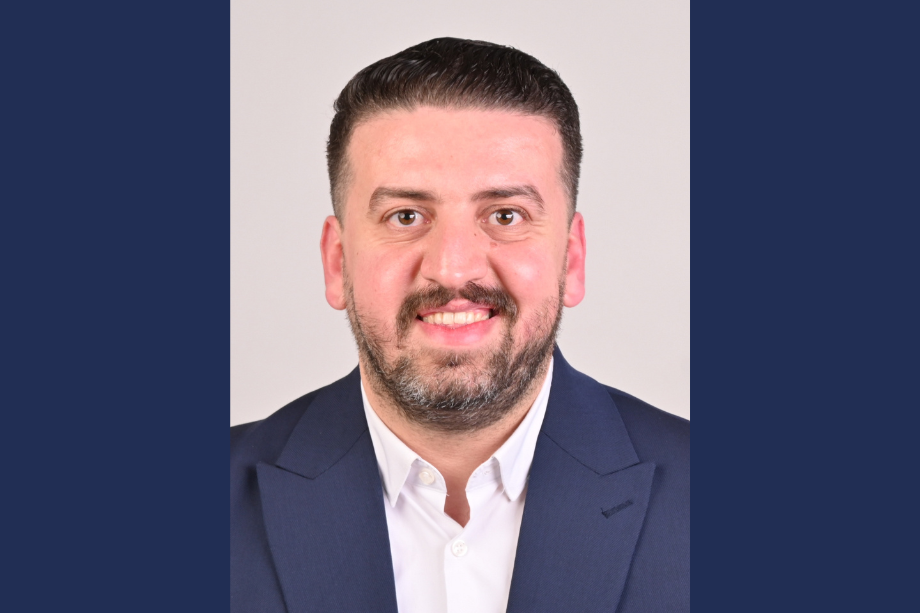
Saad Mtry
01 December 2025 - 31 March 2026
Saad Mtry is a media researcher. Over the past years, he has been conducting empirical research on anonymity in crisis situations at the Institute of Culture and Aesthetics of Digital Media (ICAM) and within the DFG Research Training Group "Cultures of Critique" at Leuphana University. His research area focuses on digital media cultures in war and conflict, anonymity and digital publics, media ecologies and infrastructures, as well as disinformation, propaganda, and post-truth cultures. Saad Mtry examines the intersections of digital media, political violence, and societal transformation in contemporary conflicts, studying how media ecologies shape processes of witnessing, truth-making, and identity formation during and after conflict.
As a fellow at ENS, he aims to further develop the idea of his newly developed post-doctoral project "After the Mask: Media Ecologies of War, Witnessing and Memory During the Syrian Conflict and Its Post-Conflict Horizon", which investigates how digital traces transition from wartime instruments of mobilisation and harm to post-conflict tools for accountability, justice, and reconciliation. By combining media aesthetics and media philosophy with conflict and media studies, his work seeks to contribute to broader debates on violence, truth, and transitional justice.
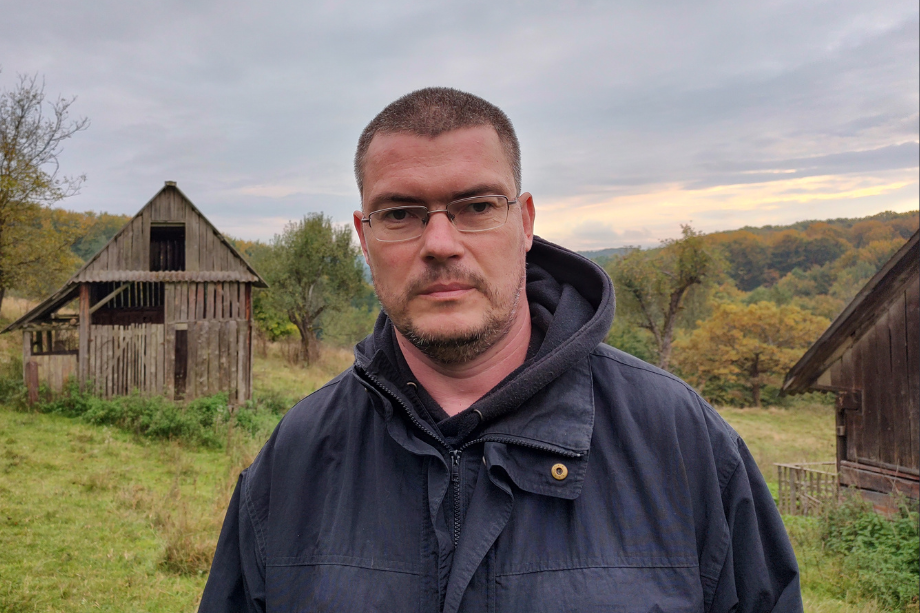
Sashko Protyah
20 November - 5 December 2025
Sashko Protyah (1978) is a film director and activist from Mariupol, Ukraine. He is a co-founder of Freefilmers, a collective of artists and filmmakers. In his films, he works with topics of memory, otherness, and alienation. His films have been screened at different events and venues, including Internationale Kurzfilmtage Winterthur, Hungry Eyes festival, EVA International, and Gwangju Biennale. S.
Protyah will be screening his film "War Songs" at the Ukraine lecture series hosted by the Competence Network Interdisciplinary Ukrainian Studies (KIU) on 25 November 2025 and will also be participating in the following Q&A session. “War Songs” is a documentary musical which tells the story of war and pacifism through songs and melodies recorded in Mariupol from the end of 20th century to the beginning of 2022, when the city was erased and captured by Russia.
In the context of the KIU lecture series, the film and activism of the Freefilmers, of which Protyah is a member, demonstrate ongoing infrastructural resilience, which is always a socio-technical practice. This involves the analysis, critique and memorisation of destroyed infrastructures, such as of Mariupol through experimental and documentary filmmaking, with the aim of maintaining contemporary socio-technical infrastructures in Ukraine.
At ENS, Sashko Protyah is hosted by Professor Miglė Bareikytė (Chair for Digital Studies).
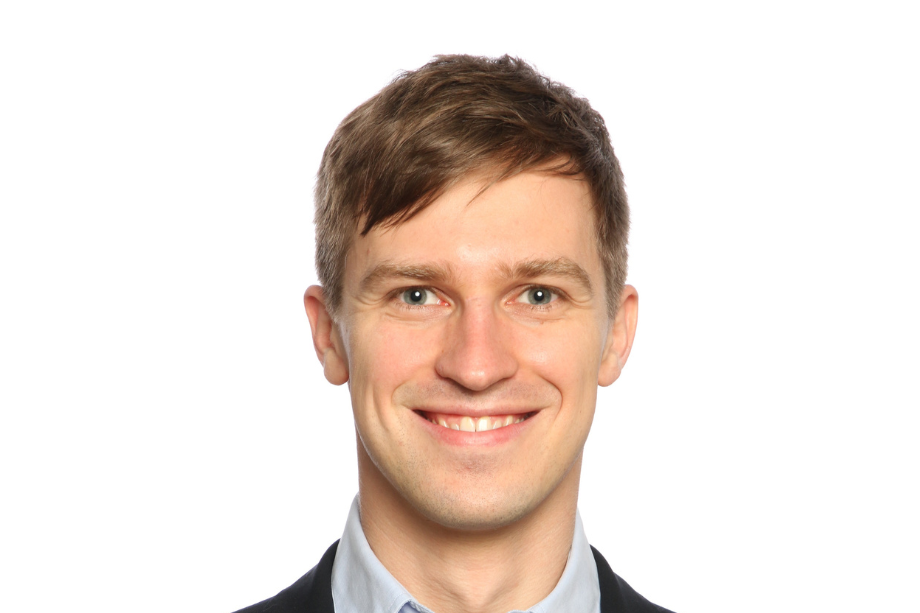
Dr. Andreas Engel
1 - 31 May 2025 | 1 July - 30 November 2025
Andreas Engel researches the challenges of digitalization, primarily from a private law perspective, and with a particular focus on cybersecurity law, (private) international law and IP law.
Andreas is a senior research fellow at University of Heidelberg and a founding member of the International Expert Consortium on the Regulation, Economics and Computer Science of AI (RECSAI). He studied law in Munich, Oxford and at the Yale School, clerked at the German Federal Constitutional Court, and wrote his doctoral thesis at the Max Planck Institute for Comparative and International Private Law in Hamburg.
At ENS, he is hosted by Professor Philipp Hacker, Chair for Law and Ethics of the Digital Society. His fellowship project examines the potential of (civil) liability law to ensure cybersecurity.
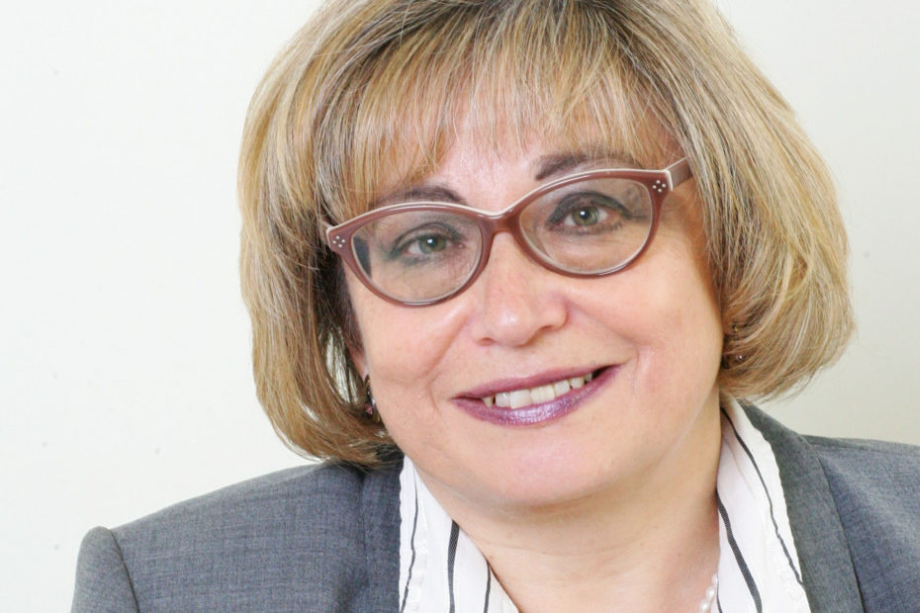
Prof. Lilian Edwards
8-14 July 2024 | 1 June - 31 July 2025
Lilian Edwards is a Scottish UK-based academic and frequent speaker on issues of Internet law, intellectual property and artificial intelligence. She is on the Advisory Board of the Open Rights Group and the Foundation for Information Policy Research and is the Professor of Law, Innovation and Society at Newcastle Law School at Newcastle University.
She worked at the University of Strathclyde from 1986 to 1988 and the University of Edinburgh from 1989 to 2006. She became Chair of Internet Law at the University of Southampton from 2006 to 2008, and then Professor of Internet Law at the University of Sheffield until late 2010, when she returned to Scotland to become Professor of E-Governance at the University of Strathclyde, while retaining close links with the renamed SCRIPT (AHRC Centre) at the University of Edinburgh. She resigned from that role in 2018 to take up a new Chair in Law, Innovation and Society at Newcastle University. She was part seconded for 2021-2022 to the Ada Lovelace Institute to lead their work on the proposed EU AI Regulation.
During her stay at ENS, she was hosted by Prof. Philipp Hacker at the Chair for Law and Ethics of the Digital Society.
[Picture source: Newcastle University]
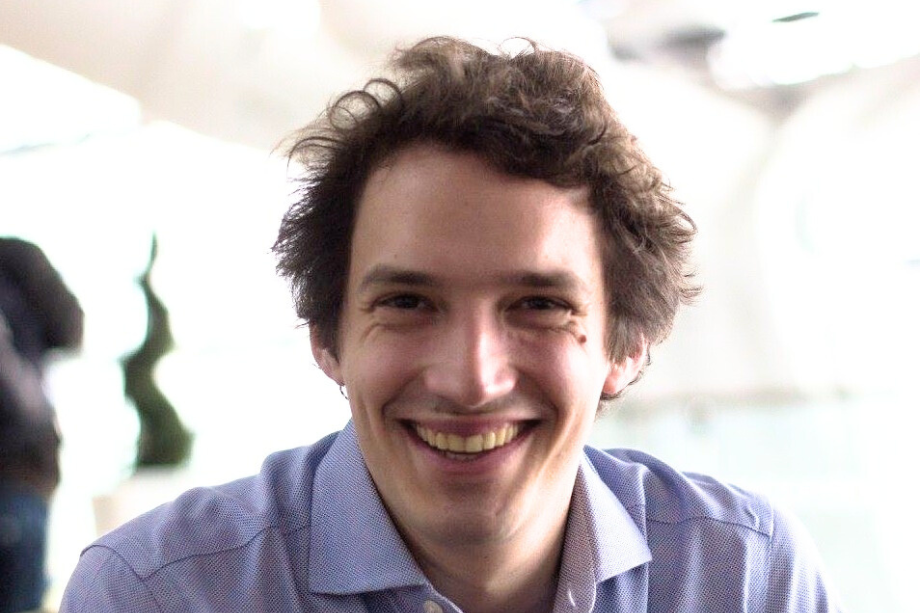
Prof. Jeremias Adams-Prassl
1 May - 31 July 2024 | 1 April - 31 July 2025
Jeremias' research focuses on technology, innovation policy, and the future of work in the European Union and beyond. He is a Fellow of Magdalen College. Jeremias read law at Oxford, Paris, and Harvard Law School, and has held visiting teaching and/or research positions at institutions including Hong Kong University, the Max Planck Institute Hamburg, Renmin Law School Beijing, University College London, the University of Vienna, and Yale Law School.
At ENS, he was working on a book project exploring novel forms of algorithmic contestation - moving beyond traditions of the ‘human in the loop’ to ensure meaningful scrutiny, and thus legitimacy, of automated decision-making systems, and exchanged with researchers working in associated fields. He was hosted by Professor Philipp Hacker, Chair for Law and Ethics of the Digital Society.
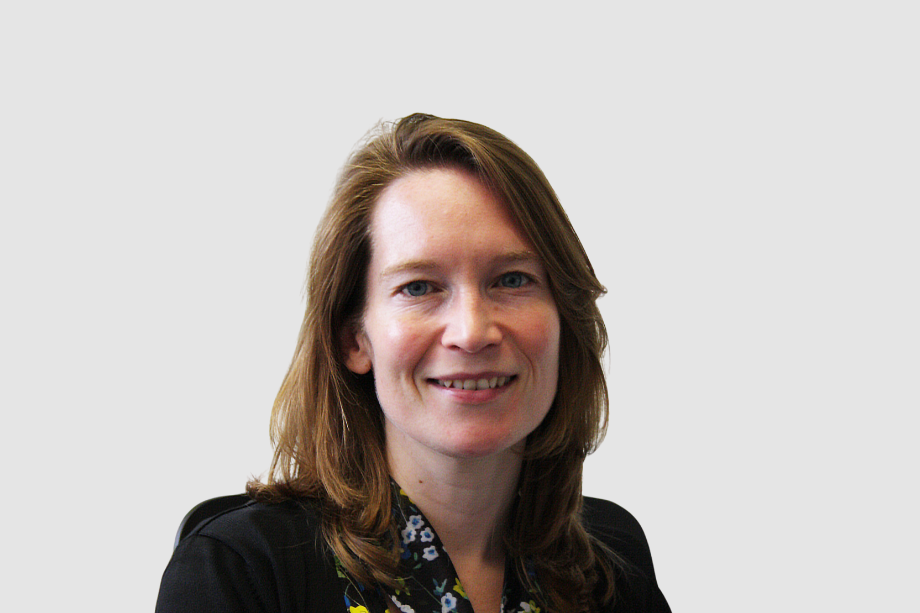
Dr. Nora Ni Loideain
2 June – 10 June 2024 | 30 June - 18 July 2025
Nora Ni Loideain is Senior Lecturer in Law and Director of the Information Law & Policy Centre at IALS. Her research focuses on European human rights law, EU law, and technology regulation, particularly within the contexts of privacy and data protection. She is also an appointed member of the UK Home Office Biometrics and Forensics Ethics Group (BFEG). This group provides independent expert advice on the ethics and law underpinning biometrics and forensics policy development for public security and law enforcement in the UK. In 2024, she was co-author of a policy report on the use and regulation of AI-based systems in law enforcement published by the Alan Turing Institute: ‘The Future of Biometric Technology for Policing and Law Enforcement.’
During her stay at ENS, she examined the regulation of AI-based biometric systems in the EU and the UK within the context of law enforcement and the role of the right to private life as enshrined in the EU and ECHR legal orders. This doctrinal and comparative analysis focuses particularly on the EU AI Act and the Article 8 ECHR case law of the European Court of Human Rights. She was hosted by Professor Philipp Hacker, Chair for Law and Ethics of the Digital Society.

Atoosa Kasirzadeh
20 June - 18 July 2025
Atoosa Kasirzadeh is a philosopher and AI researcher with a track record of publications on ethics and governance of AI and computing. In December 2024, she joined Carnegie Mellon University as a tenure track Assistant Professor.
In her research, Atoosa addresses the intersection of AI ethics and governance, examining how we can responsibly develop, deploy, and regulate AI systems to benefit society. Currently, she studies two main aspects of ethical AI governance: risk governance and AI value alignment. For risk governance, she investigates how policy mechanisms and organizational structures can better identify, measure, manage and mitigate AI risks — drawing on established practices from fields like aviation safety. This involves distinguishing between smaller, incremental risks and catastrophic threats, as well as exploring when accumulating minor risks become systemic. In AI value alignment, her focus is on how to design AI systems that reflect and respect human values and social contexts. This includes examining how we define, measure and operationalize those values so that AI enhances human flourishing rather than undermines it.
Her fellowship project aims to advance our theoretical and practical understanding of systemic risks from AI systems in several ways. At ENS, she will be hosted by Professor Philipp Hacker, Chair for Law and Ethics of the Digital Society.
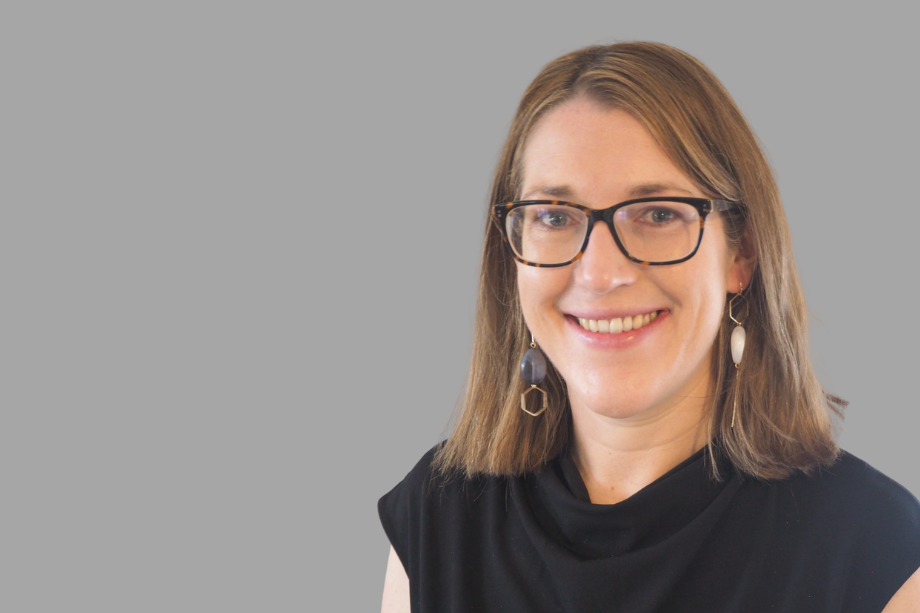
Prof. Orla Lynskey
3-4 June 2024 | 1-3 July 2025 | 14-17 July 2025
Orla Lynskey is an Associate Professor at LSE Law School and a Visiting Professor at the College of Europe, Bruges. She will take up a Chair of Law and Technology at University College London Faculty of Laws in September 2024. She is joint Editor-in-Chief of International Data Privacy Law, a Privacy Law Scholars Committee programme committee member and on the Editorial Committee of the Modern Law Review. Her research focuses on EU Digital Law and Policy, with a particular focus on data protection, data governance and regulatory theory. Her most recent article in the Iowa Law Review (co-authored with Professor Michal Gal) examines the legal implications of synthetic data.
During her fellowship at ENS, Orla continued to work on two projects: an article on 'Governing the Data Commons' and a collaborative research project on the Preservation of Public Values in Privatised Digital Systems.
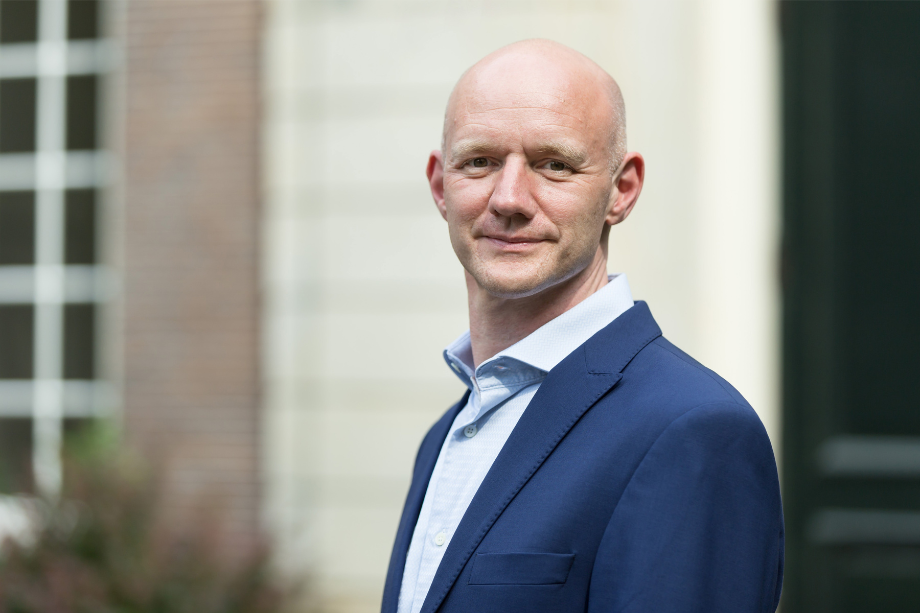
Prof. Frederik. J. Zuiderveen Borgesius
1 April - 30 June 2025
Frederik Zuiderveen Borgesius is professor ICT and law. He works at the iHub, part of Radboud University in the Netherlands. The iHub is the interdisciplinary research hub on digitalization and society. Frederik is a law professor but teaches mostly at the computer science department. His research predominantly concerns fundamental rights, such as the right to privacy and non-discrimination rights, in the context of new technologies. He often enriches legal research with insights from other disciplines. He has co-operated with, for instance, economists, computer scientists, and communication scholars. He regularly advises policymakers, and has given expert testimony, for example at the Dutch and the European parliaments, and committees of the Council of Europe and the United Nations.
At ENS, he is hosted by Professor Philipp Hacker, Chair for Law and Ethics of the Digital Society.
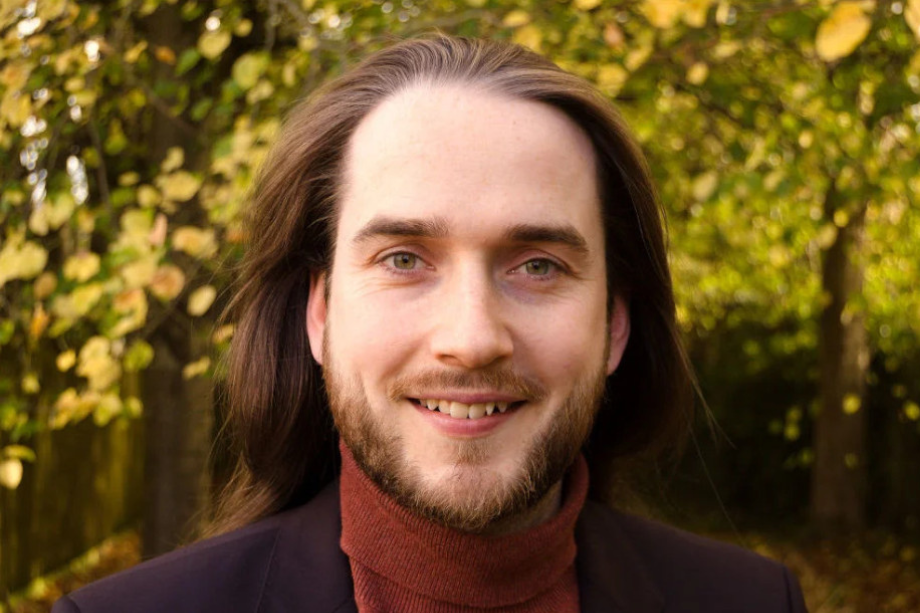
Dr. Galen Reich
February 2025
Galen Reich is the Tech Community Facilitator at Bellingcat, where he fosters collaboration and innovation within the investigative journalism and open-source research community. Galen combines a strong academic foundation with technical expertise to support an international network of researchers, journalists, and technologists in conducting impactful investigations that promote transparency and accountability. He holds a BSc in Physics and a PhD in Electrical Engineering from the University of Birmingham, UK.
His stay at ENS is hosted by Professor Miglė Bareikytė, and focuses on supporting current Masters students with ideas development and quantitative analysis as part of their open source research projects.
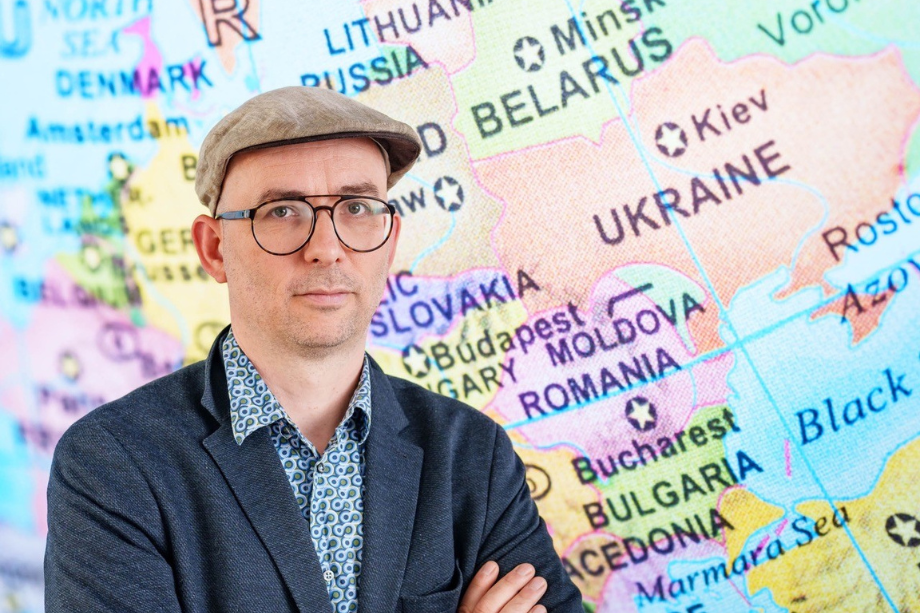
Prof. Felix Ackermann
16-29 January 2025
Felix Ackermann works as Professor for Public History at FernUniversität in Hagen. He is the academic director of the Institute for History and Biography. Core research interests are analogue and digital practices of life storytelling in times of war. At ENS, his focus is on deletion as a cultural technique, which is of central importance for the safety of internet users in the face of state violence in Belarus after 2020 and after the full scale Russian invasion of Ukraine in February 2022. To this end, he is investigating how people subsequently change their life stories on digital platforms and delete them in whole or in part. As PI of the NFG026 emerging scholars research group funded by Hans Böckler-Stiftung, he asks how digital war publics have emerged in Russia, Ukraine and Belarus since 2014. To this end, he is writing a short history of Telegram together with the fellows.
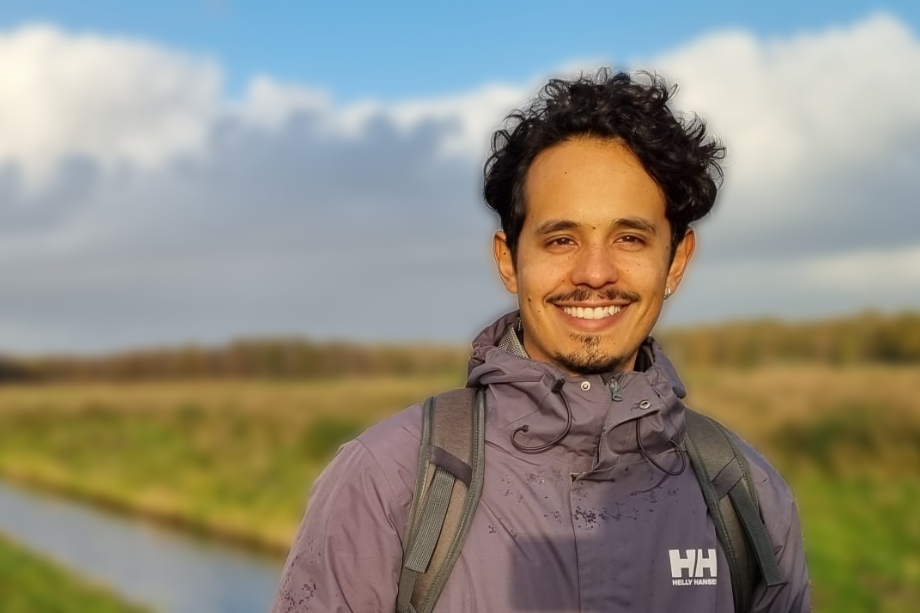
Guillén Torres
2-8 December 2024 | 3-9 February 2025
Guillén Torres is a lecturer and researcher at the Media Studies department of the University of Amsterdam, specializing in digital investigation methodologies. His research examines how communities with limited technological access leverage data for political engagement. As a fellow at the ENS, he will be collaborating with students and staff to conduct open-source investigations into armed conflicts and migration patterns in Eastern Europe.
His stay at ENS is hosted by Professor Miglė Bareikytė at the Chair for Digital Studies.
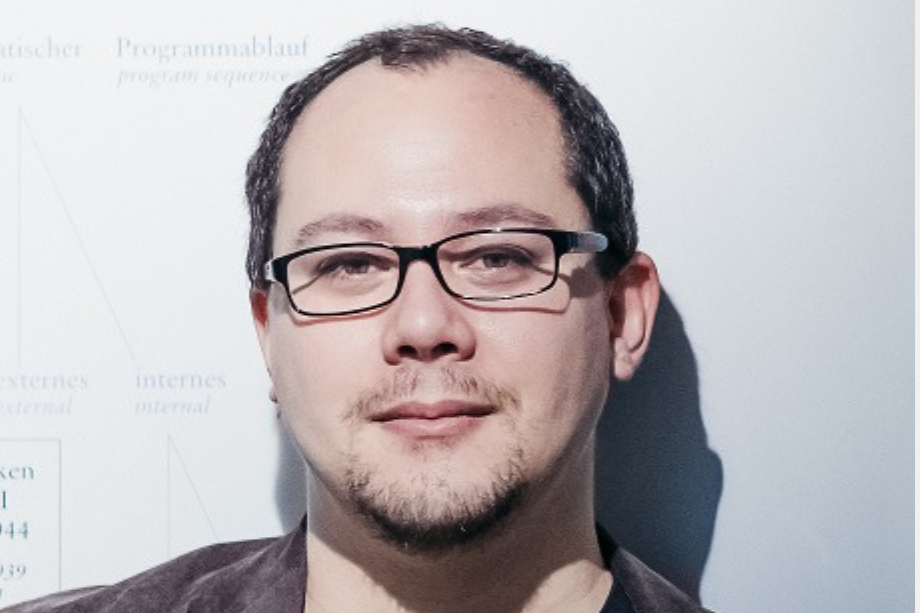
Dr. Nikolaus Pöchhacker
1 November 2024 - 31 January 2025
Nikolaus Poechhacker is a Research Fellow at the Department of Innovation and Digitalisation of Law, University of Vienna and a Postdoctoral Researcher at the IDea_Lab at the University of Graz. In his work he explores the relationship between democratic institutions, law, social order, and algorithmic systems in various domains, bringing together perspectives from STS, sociology of law, political sociology and computer science.
As a fellow at ENS, hosted by Professor Jan-Hendrik Passoth, he is exploring praxeological conceptions of legitimacy in the democratic state and how to apply them on digital technology used by the state for social control.
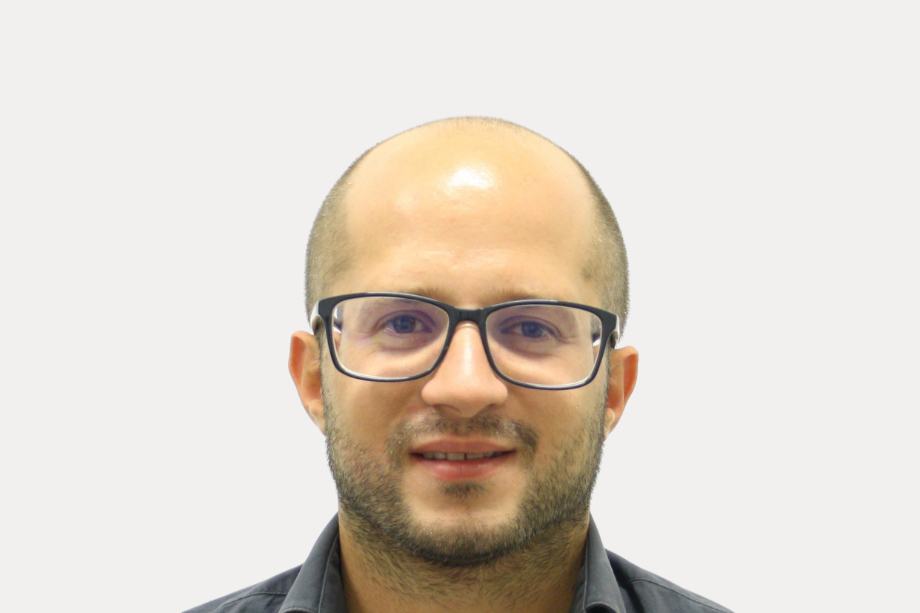
Prof. Jan De Bruyne
2-9 December 2024
Jan De Bruyne is professor IT law at the KU Leuven and Head of the Centre for IT & IP Law (CiTiP). During his stay at ENS, he will focus on two ongoing (research) projects. On the one hand, he aims to finalize an article on the liability for damage involving AI. He will especially assess whether the AI Liability Directive proposal should be relaunched, taking into account the ‘tort law reality’ in which the proposal has to operate. He will thereby assess the remaining challenges to come to harmonized rules on AI liability and provide some recommendations to remedy existing gaps. The stay will allow him to connect with Professor Hacker who has also been working on liability for damage involving AI in various articles and reports.
In addition to working on this article, Jan De Bruyne will also continue to work on the requirement of transparency under the AI Act, and more specifically on presenting the result following the policy prototyping assessment conducted by the Knowledge Centre Data & Society. Policy prototyping refers to a novel way of rulemaking, comparable to product or beta testing. By employing a prototyping approach, policymakers and stakeholders can create tangible and practical prototypes of proposed policies, allowing them to test and refine the policy measures before full-scale implementation.
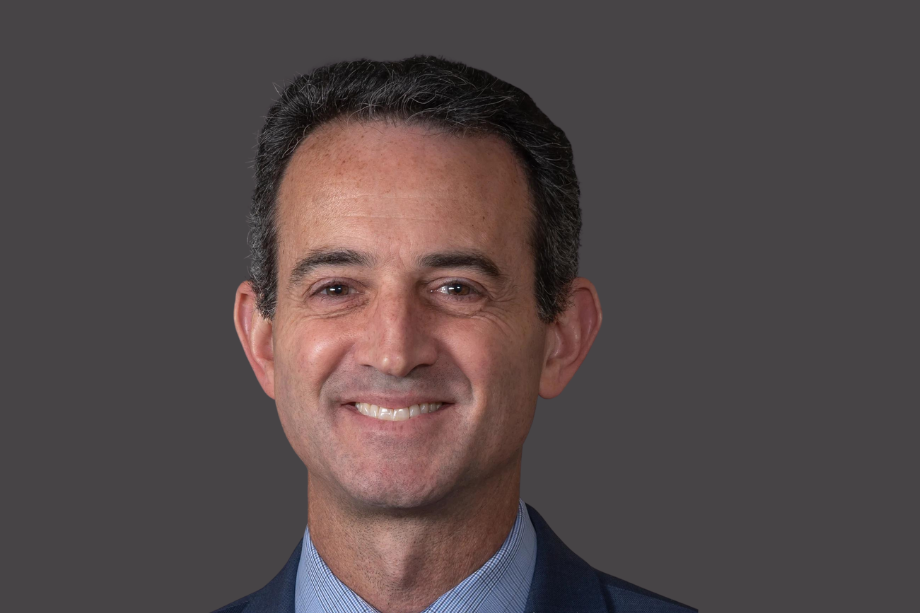
Prof. Seth Masket
8-15 July 2024
Seth Masket is a professor of political science and the director of the Center on American Politics at the University of Denver. He is the author of Learning from Loss: The Democrats 2016-2020 (Cambridge, 2020), The Inevitable Party: Why Attempts to Kill the Party System Fail and How they Weaken Democracy (Oxford, 2016), and No Middle Ground: How Informal Party Organizations Control Nominations and Polarize Legislatures (Michigan, 2009), as well as a co-author of a recent textbook on political parties. He studies political parties, campaigns and elections, and state legislatures. He contributes regularly at Politico, Mischiefs of Faction, and the Denver Post. He is currently working on a book project examining the Republican Party’s interpretations of the 2020 election and its preparations for 2024.
During his stay at ENS, he was hosted by the Chair for Digital Democracy (Prof. Ulrike Klinger and Dr. Mike Cowburn).

Prof. Jean-Christophe Boucher
10-30 June 2024
Jean-Christophe Boucher is an Associate Professor at the School of Public Policy and at the department of political science at the University of Calgary. His current work focuses on applied machine learning to understand how the digital world shapes our society. He is currently responsible for projects funded by the Department of National Defence (DND) to study information operations; the Social Science and Humanities Research Council (SSHRC) to understand civil-military relations in Canada; and holds grants from Alberta Innovates and the Vaccine Confidence Fund, and Merck to study vaccine hesitancy on social media to develop better communications strategies and tools to increase vaccine uptake. He holds a BA in History from the University of Ottawa, a MA in Philosophy from the Université de Montréal and a PhD in Political Science from Université Laval. He specializes in international relations, with an emphasis on foreign policy, international security, and data analytics.
During his stay at ENS, he was hosted by Prof. Ulrike Klinger at the Chair for Digital Democracy.

Prof. danah boyd
2 - 27 June 2024
danah boyd is a Partner Researcher at Microsoft Research and a Distinguished Visiting Professor at Georgetown University. Her research focuses on the intersection of technology and society. She is working on a book about the US census, exploring how infrastructural data are made - and how they are made legitimate. She received her Ph.D in Information from the University of California, Berkeley and founded Data & Society. Her previous work explores topics ranging from algorithmic manipulation to kids' social media practices.
During her time at ENS, danah was hosted by Professor Philipp Hacker. Her project explored privacy in a networked world. She was also toying with ideas related to sociotechnical degradation.

Prof. Paula Bialski
18 - 25 June 2024
Paula Bialski is an Associate Professor for Digital Sociology at the University of St. Gallen in St. Gallen, Switzerland. She is an ethnographer of digital technologies, looking at contexts of usage as well as production, and she frames her research within science and technology studies in particular.
Her new book “Middle Tech: software work and the culture of ‘good enough’ is an ethnography about how a collective group of people working at a run-of-the-mill corporate tech company collaborate, communicate, care, and compromise in order to make software work.
At ENS, she was seeking to connect to others who look at software maintenance and repair. She is also a musician and songwriter with the band Paula & Karol and published 5 studio albums.
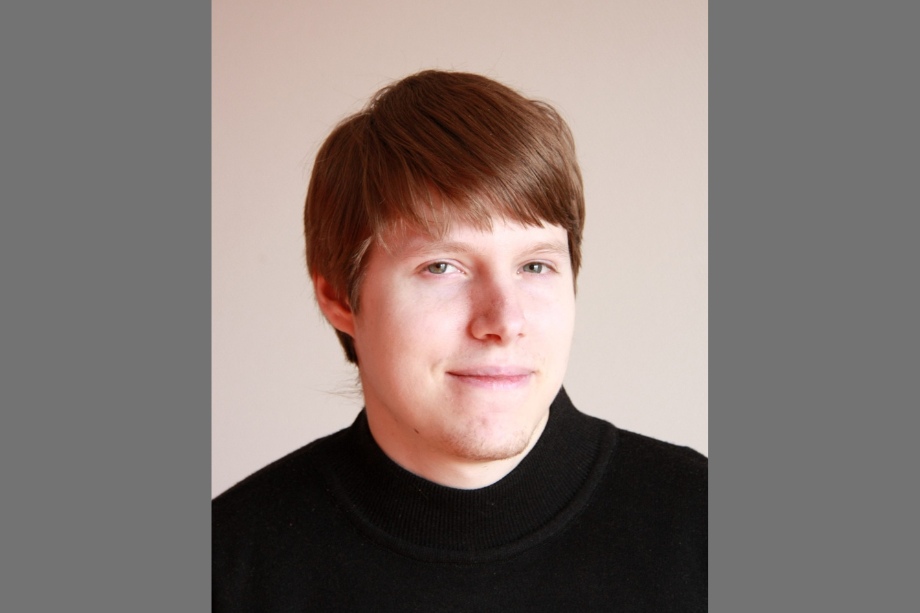
Dr. Mykola Makhortykh
20 May - 02 June 2024
Mykola Makhortykh is an Alfred Landecker lecturer at the Institute of Communication and Media Science. In his research, Mykola focuses on politics- and history-centered information behavior in online environments and how it is affected by information retrieval systems and AI.
During his fellowship, he focused on the representation of mass violence by generative AI systems and the degree to which it is subjected to different forms of social bias. Specifically, he continued working with Professor Miglė Bareikytė on their project on the entanglement between AI-driven datafication, war representation and propaganda.

Prof. Domingos Soares Farinho
06 May - 02 June 2024
Domingos Soares Farinho is currently researching for a book/ series of papers on EU Digital Regulation. One of his research topics is the interaction between AI law and technical aspects that influence legal regulatory interventions, such as
- the influence of legal interpretation theories on the definition of criteria for defining the data set for AI models,
- the regulation of different AI models and the impact on the design of legal powers of public authorities and
- the scope and reach of regulatory interventions to correct biases.
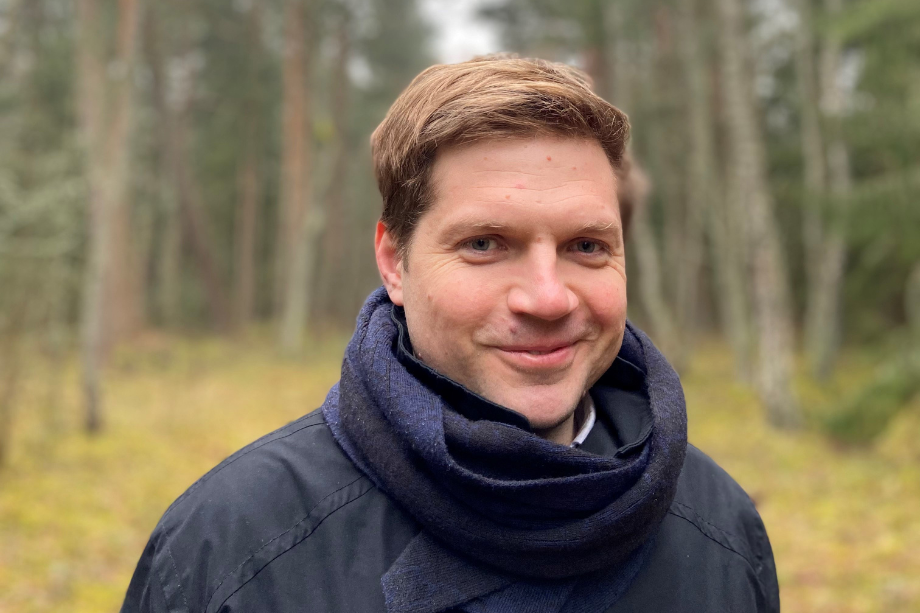
Prof. Siarhei Liubimau
08-27 April 2024
Siarhei Liubimau is Associate Professor and Lead of the Laboratory of Critical Urbanism at the European Humanities University in Vilnius. He explores through the infrastructure lens the relations between digital platforms (both big commercial and bottom-up civic tech), everyday, and non-democratic politics. His project at ENS looks at the quantitative and qualitative aspects of Instagram usage in Belarus and Venezuela from the perspective of repressive measures taken by both states in the digital sphere.
Siarhei was hosted by Professor Migle Bareikyte, with whom he co-organized the DAAD Summer School “Platformization, Digital Disinformation and Non-Democratic Politics: Belarus in Comparative Perspective” in July 2024 at the EHU in Vilnius.
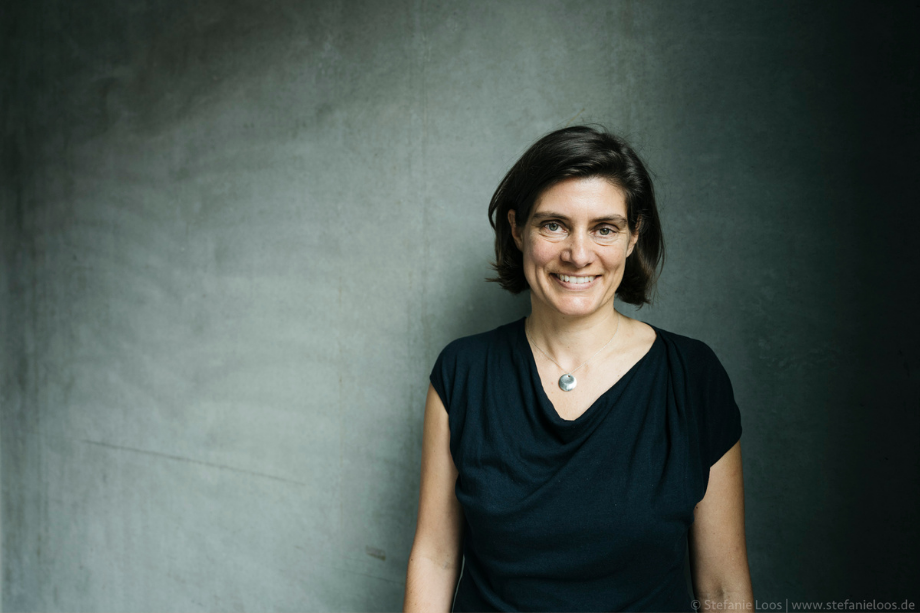
Julia Reinhardt
01 October 2023 - 31 March 2024
Julia Reinhardt works on governance of Artificial Intelligence and the practical implementation of the upcoming European AI Act by small AI businesses and startups. As a Fellow at ENS and hosted by AI Campus Berlin, she conducts interviews with AI engineers and connects them with digital civil society. She is also a certified auditor for algorithms and autonomous systems and a certified privacy professional as well as a former diplomat.
At ENS, she was hosted by Professor Philipp Hacker of the Chair for Law and Ethics of the Digital Society.
[Photo Credits: Stefanie Loos]

Dr. Paul Trauttmansdorff
01 October 2023 - 31 March 2024
Paul Trauttmansdorff has recently worked as a postdoctoral researcher at the Department of Philosophy and Communication Studies at the University of Bologna. He has previously completed his PhD at the Department for Science & Technology Studies at the University of Vienna. His research has explored how imaginations of future borders become incorporated into the construction of large-scale databases.
During his fellowship, Paul was hosted by Professor Jan-Hendrik Passoth at the Chair for Sociology of Technology. His research focuses primarily on the concept of interoperability between biometric data, its controversial political character and history, as well as its projected hopes and promises in the governance of mobilities.

Prof. Sarah Hammer
22 August - 5 September 2023
Professor Sarah Hammer is Executive Director at the Wharton School of the University of Pennsylvania, leading financial technology initiatives and Wharton Cypher Accelerator, which supports leading global businesses that are leveraging financial technology. Hammer is also Adjunct Professor at the University of Pennsylvania Law School and Affiliated Scholar at the Penn Program on Regulation.
Sarah Hammer is a board member of the International Telecommunications Union (ITU) at the United Nations. Previously, she was Managing Director of the Center for Innovation in Finance and Senior Director of the Alternative Investments Program at Wharton. Hammer earned a J.D. from the University of Pennsylvania Law School, an M.B.A. from the Wharton School, and a Master of Studies from Oxford University.
During her visit to ENS, Hammer studied applications and legal issues related to artificial intelligence in financial services, including banking and asset management.

Prof. Sean Theriault
17 - 21 July 2023
Professor Theriault is a University Distinguished Teaching Professor in the Department of Government at the University of Texas at Austin. He is currently researching the effect of interpersonal relationships within the U.S. Congress.
Professor Theriault has published five books: Congress: The First Branch (with Mickey Edwards; Oxford University Press, 2020), The Great Broadening (with Bryan Jones and Michelle Whyman; University of Chicago Press, 2019), The Gingrich Senators (Oxford University Press, 2013), Party Polarization in Congress (Cambridge University Press, 2008), and The Power of the People (Ohio State University Press, 2005). He has also published numerous articles in a variety of journals on subjects ranging from presidential rhetoric to congressional careers and the Louisiana Purchase to the Pendleton Act of 1883.
While in residence at ENS, he worked on two different projects. First, he continued his research into measuring the social relationships in the U.S. Senate as a step toward determining if they can help the institution solve problems even in an era of party polarization. Second, he worked with his former student, Mike Cowburn, a postdoctoral researcher at ENS, on a project that evaluates how primaries have contributed to party polarization in Congress. He was the guest of Professor Ulrike Klinger.
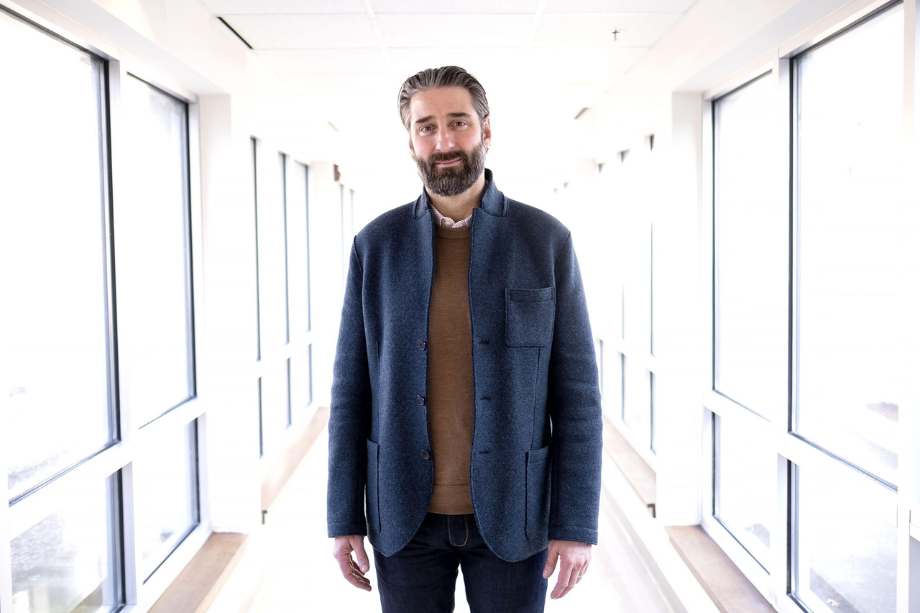
Prof. Daniel Kreiss
01 - 31 July 2023
Daniel Kreiss is the Edgar Thomas Cato Distinguished Professor in the Hussman School of Journalism and Media at the University of North Carolina at Chapel Hill and a principal researcher of the UNC Center for Information, Technology, and Public Life. Kreiss is the co-author of Power in Ideas: A Case-Based Argument for Taking Ideas Seriously in Political Communication Research (2021, Cambridge University Press), first author of Recoding the Boys’ Club: The Experiences and Future of Women in Political Technology (Oxford University Press, 2020), and author of Prototype Politics: Technology-Intensive Campaigning and the Data of Democracy (Oxford University Press, 2016) and Taking Our Country Back: The Crafting of Networked Politics from Howard Dean to Barack Obama (Oxford University Press, 2012). Kreiss co-edits the Oxford University Press book series Journalism and Political Communication Unbound and is an associate editor of Political Communication. Kreiss is an affiliated fellow of the Information Society Project at Yale Law School and received a Ph.D. in Communication from Stanford University.
As a Visiting Professor at ENS, Daniel worked to co-organize an internationally attended symposium and workshop on theorizing the far-right in the areas of digital studies, media studies and political communication. Daniel is interested in foregrounding questions of power, social difference, democracy, and inequality in the study of political communication. He was hosted by Professor Ulrike Klinger at the Chair for Digital Democracy.
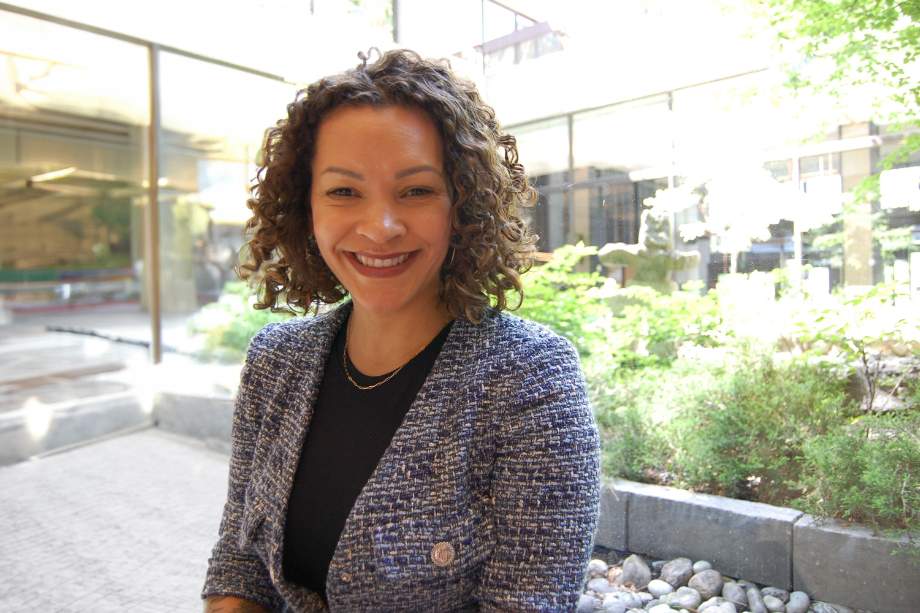
Prof. Sarah Jackson
01 - 31 July 2023
Sarah Jackson is a Presidential Associate Professor at the Annenberg School for Communication and Co-Director of the Center for Media, Inequality & Change. Her work considers how media, journalism and technology are used by and represent marginalized publics, with a focus on how communication arising from Black, feminist, and activist spaces contributes to U.S. culture and politics. She is the author of Black Celebrity, Racial Politics, and the Press (2014), co-author of #HashtagActivism: Networks of Race and Gender Justice (2020) and is currently working on Carnegie-supported research that traces the power and innovation of African-American media-makers.
As a Visiting Professor at ENS, she worked to co-organize an internationally attended symposium and workshop on theorizing the far-right in the areas of digital studies, media studies and political communication. She is concerned with pushing the field forward on conceptual and ethical problems raised by relying on theories from the margins to study groups working to entrench antidemocratic relations of power. She was hosted by Professor Ulrike Klinger at the Chair for Digital Democracy.

Prof. Jens Frankenreiter
26 June - 28 July 2023
Jens Frankenreiter works and teaches at Washington University in St. Louis, where he is an Associate Professor of Law. Jens’ research utilizes empirical methods to study the intersection of business law, contract law, and comparative law. He is particularly interested in the changes that globalization and new technologies visit upon these fields. His work draws on methods from economics, statistics, and data science to improve our understanding of contracting, private and public lawmaking, and legal institutions. A particular focus of his work is on the use of large amounts of texts and other forms of big data.
He was hosted by Professor Philipp Hacker at the Chair for Law and Ethics of the Digital Society.

Prof. Dora Kaufman
23 June - 7 July 2023
Dora Kaufman is Professor of social and ethical impacts of AI at the Intelligence Technologies and Digital Design Program at Pontifical Catholic University of São Paulo, Brazil. She also writes as a columnist for the Época Negócios Magazine (Globo Group) and for major media such as Globo, Valor Econômico and Folha de São Paulo. Moreover, she is involved in elaborating the AI regulatory framework in Brazil, author of several books, including "Will Artificial Intelligence Overtake Human Intelligence?" (2019) and "Demystifying Artificial Intelligence" (2022). Her current research focuses on developing AI governance, AI guidelines, AI code of conduct and an AI ethics committee for organizations in Brazil.
As a Visiting Professor at ENS, she worked on a comparative study of European AI regulation (AI Act) and Brazilian AI regulation concerning similarities and differences in processes and content. She was hosted by Professor Philipp Hacker at the Chair for Law and Ethics of the Digital Society.
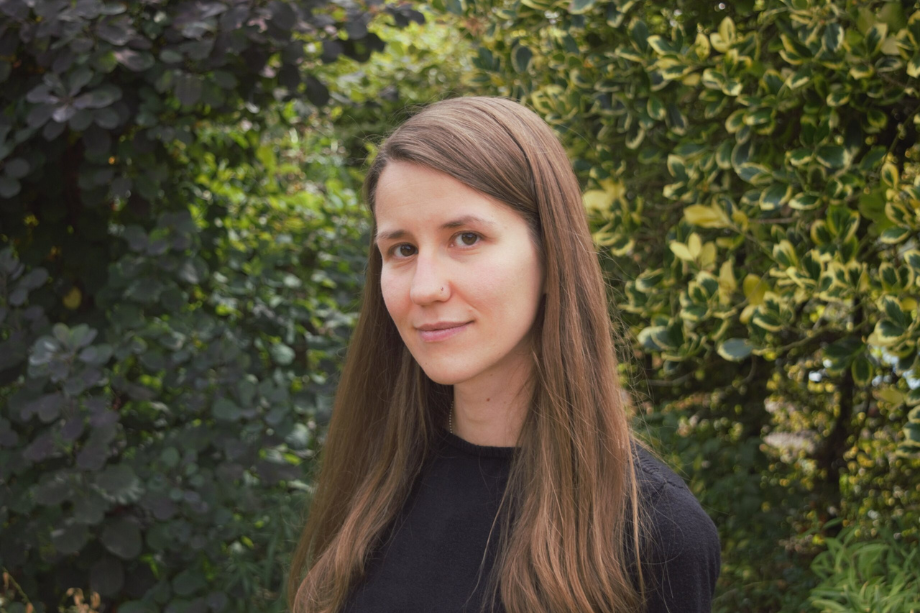
Prof. Sandra Wachter
1 June - 15 June 2023 | 1 July - 7 July 2023
Sandra Wachter is Professor of Technology and Regulation at the Oxford Internet Institute at the University of Oxford where she researches the legal and ethical implications of AI, Big Data, and robotics as well as internet and platform regulation. Her current research focuses on profiling, inferential analytics, explainable AI, algorithmic bias, diversity, and fairness, as well as governmental surveillance, predictive policing, human rights online, and health tech and medical law.
As a Visiting Professor at ENS, she conducted ciritical studies on important technological issues around privacy, algorithmic decision-making, automated fairness and bias. She also has a strong focus on providing concrete solutions to enable better governance of emerging technologies. She was hosted by Professor Philipp Hacker at the Chair for Law and Ethics of the Digital Society.
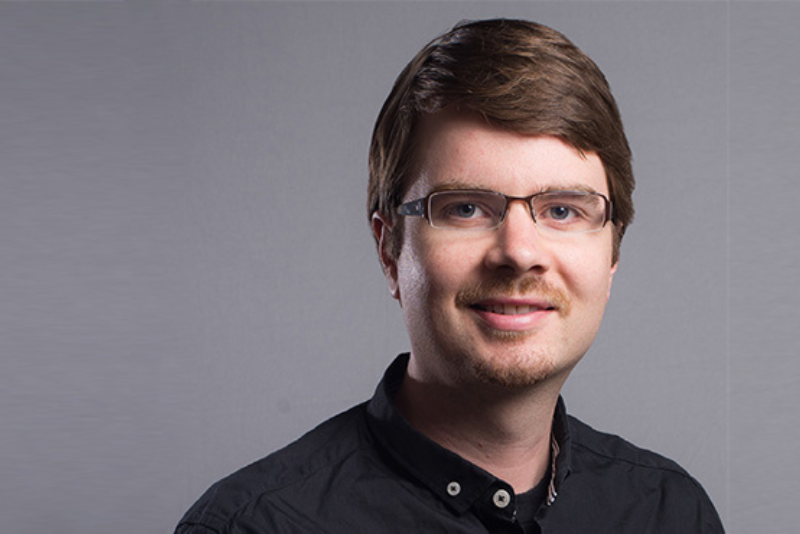
Prof. Brent Mittelstadt
1 June - 7 July 2023
Professor Brent Mittelstadt is Director of Research at the Oxford Internet Institute, University of Oxford where he co-leads the Governance of Emerging Technologies (GET) research program, working across ethics, law and emerging information technologies. His prior work has addressed the ethics of algorithms, AI, and Big Data; fairness, accountability, and transparency in machine learning; data protection and non-discrimination law; group privacy; ethical auditing of automated systems; and digital epidemiology and public health ethics.
As a Visiting Professor at ENS, he analyzed the effectiveness of technical and organisational accountability tools for trustworthy AI as well as the feasibility of future professional liability regimes for developers. He was hosted by Professor Philipp Hacker at the Chair for Law and Ethics of the Digital Society.
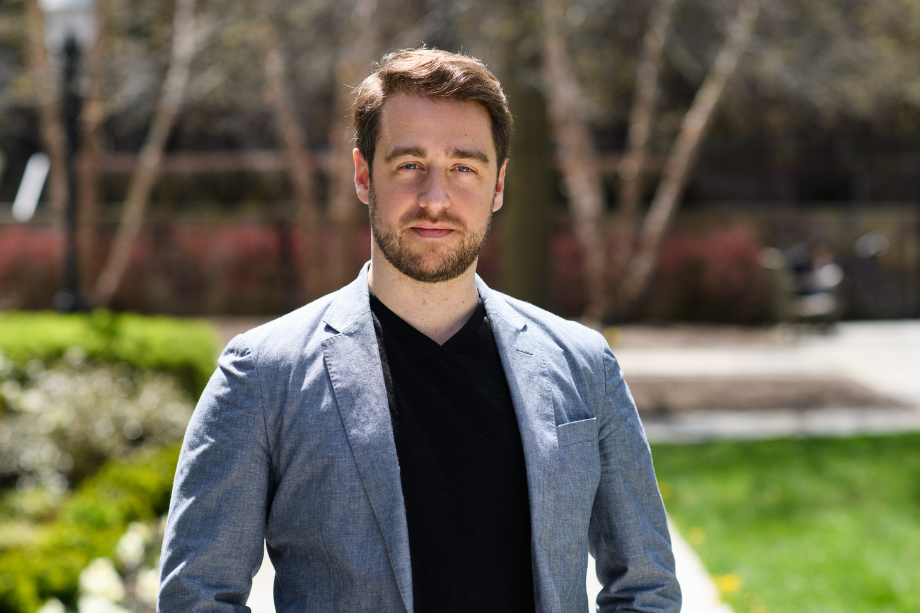
Prof. Stefan Eich
12 - 19 June 2023
Stefan Eich is Assistant Professor of Government at Georgetown University where he researches the political theory of money and the politics of financial capitalism. He is the 2022/23 Richard B. Fisher Member at the Institute for Advanced Study (IAS), Princeton. He has written about the history and politics of digital money, global monetary reform, economic democracy, and climate finance. Eich is the author of The Currency of Politics: The Political Theory of Money from Aristotle to Keynes (Princeton University Press, 2022), which won the 2023 APSA Foundations of Political Theory Best First Book Prize.
As a Visiting Professor at ENS, he worked on the politics of the “de-risking state” by investigating the underlying concept of risk that has emerged as a central category of contemporary governance from climate finance to the regulation of new technologies. This forms part of a larger project on John Maynard Keynes and the politics of uncertainty. He was hosted by Professor Philipp Hacker at the Chair for Law and Ethics of the Digital Society.
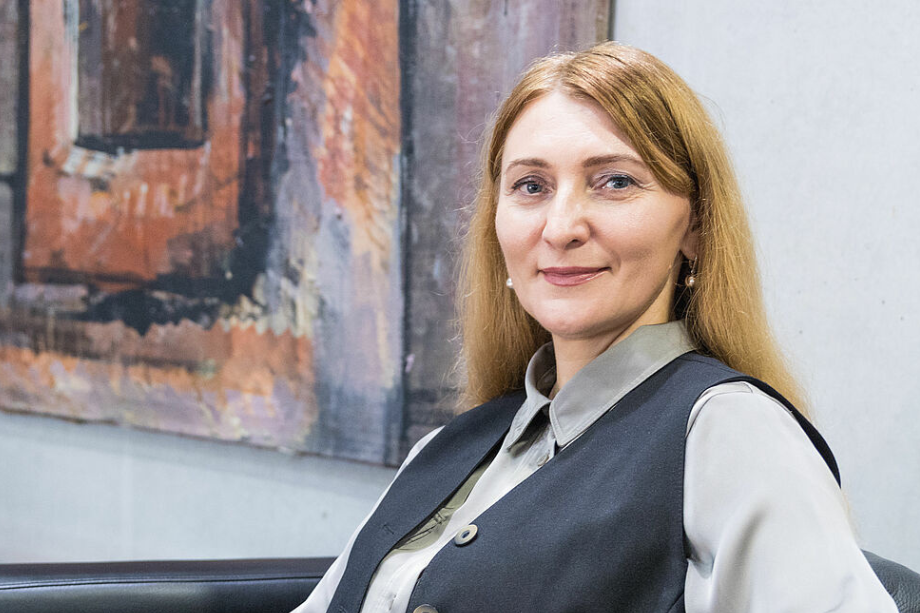
Prof. Dr. Alla Kozhyna
1 April - 30 June 2023
Alla Kozhyna is Doctor of Science in Public Administration and Professor of the Department of Public Management and Administration at the National Aviation University in Kyiv, Ukraine.
Her current research focus is on digitalization in public spheres and digital inclusion as a challenge for European societies and governments, including the improvement of digital literacy for public servants and the influence of digital technologies on the quality of life of vulnerable and marginalized populations.
As a Visiting Professor at ENS, she worked on a comparative study of European countries with the aim to strenghten German-Polish-Ukrainian scientific cooperation. She was hosted by Professor Jan-Hendrik Passoth at the Chair for Sociology of Technology.
Check out the interview about her stay at ENS on the Viadrina website.

Prof. Robert Geisler
19 September 2022 - 10 February 2023
Professor Robert Geisler is doctor habilitated in sociology, Associate Professor in Governance and Public Policy at the University of Opole, Poland and expert evaluator in the EU funding program Horizon 2020. In recent years, he has been involved in a number of research projects in the fields of entrepreneurship and innovation, networked organizations, organizational culture, business ethnography and big data analysis.
As a Visiting Professor at ENS, he analyzed sharing economy case studies as examples of digital entrepreneurship in the EU. He was hosted by Professor Jan-Hendrik Passoth at the Chair for Sociology of Technology.
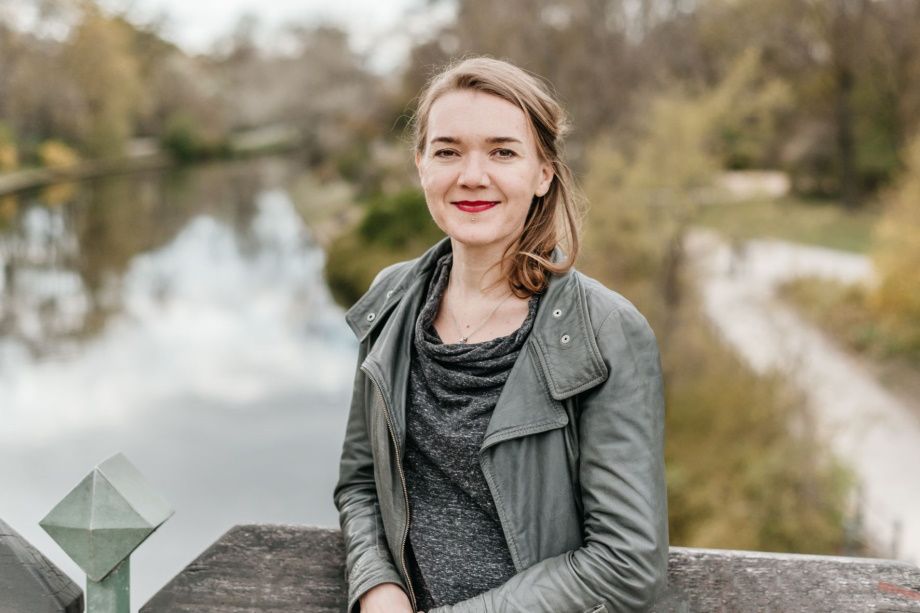
Dr. Justyna Stypinska
18 July - 17 October 2022
Justyna Stypinska has recently worked as a researcher and lecturer at the department for Sociology at Freie Universität Berlin. She has completed her PhD at the Jagiellonian University in Kraków on the topic of “Ageism in the labor market. A sociological-legal analysis.” Her research focuses on multiple forms of age discrimination and age inequalities in contemporary societies, especially in their most recent digital forms.
At ENS, she was hosted by Professor Ulrike Klinger at the Chair for Digital Democracy. There, she conducted research on age bias in algorithms and artificial intelligence, as well as ageism in the tech industry and Silicon Valley.

Prof. Dr. Dariusz Jemielniak
09 May - 22 June 2022 | 03 October 2022 - 30 January 2023 | 06 March - 27 March 2023
Prof. Dr. Dariusz Jemielniak holds a professorship of Management in Networked and Digital Societies at Kozminski University and is a faculty associate at the Berkman-Klein Center for Internet and Society at Harvard University. Moreover, he is a Board of Trustees member of the Wikimedia Foundation in San Francisco, and a corresponding member of Polish Academy of Sciences.
During his time as a Visiting Professor at ENS, he worked on collecting comparable datasets from German social media in the areas of medical, scientific and political disinformation, and collaborate with PhD researchers on a Thick Big Data approach.
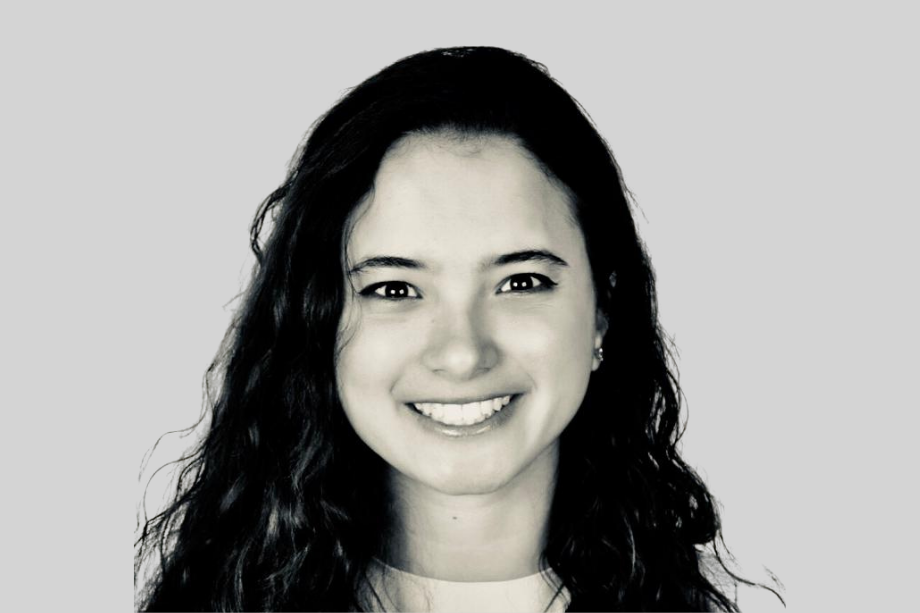
Dr. Mennatullah Hendawy
01 March - 15 May 2022
Mennatullah Hendawy is a postdoctoral researcher affiliated with the Department of Urban Planning and Design, Faculty of Engineering, Ain Shams University in Cairo.
As an interdisciplinary urban researcher, she is working at the intersection of cities, technology and sustainability with a focus on visualization, digitalization and mediatization. At ENS, she was hosted by Prof. Ulrike Klinger at the Chair for Digital Democracy.

Dr. Nina Amelung
01 March - 30 April 2022
Nina Amelung has completed her PhD in Sociology at TU Berlin in 2018 and is currently affiliated with the Social Science Department of the University of Lisbon, Portugal. At ENS, she worked on her current project “Social and political implications of transnational biometric databases in migration and crime control (AFFECT)” and extend research collaborations linked to the STS MIGTEC network co-initiated with ENS researcher Dr. Silvan Pollozek.
Check out the interview about her stay at ENS on the Viadrina homepage.



